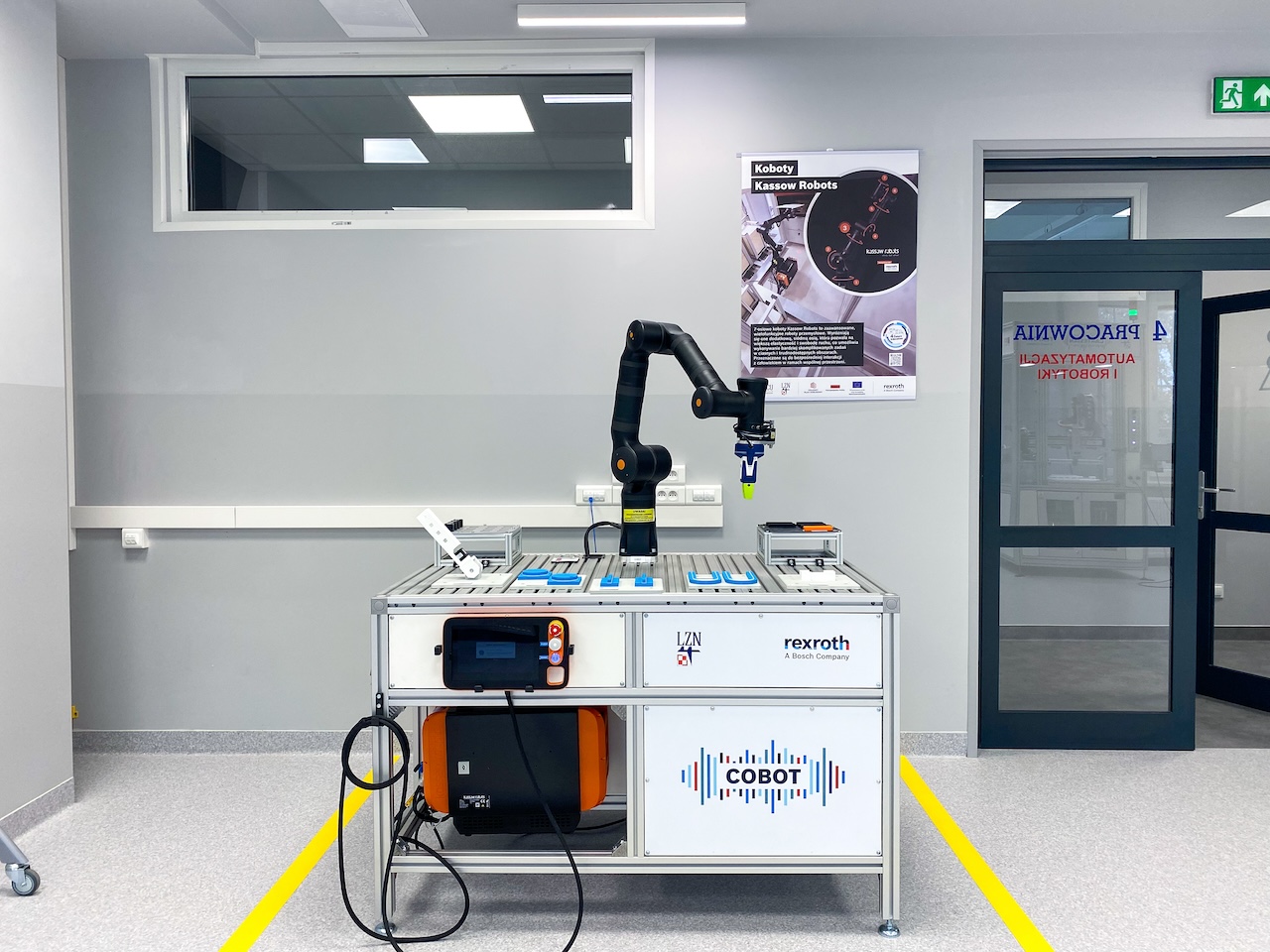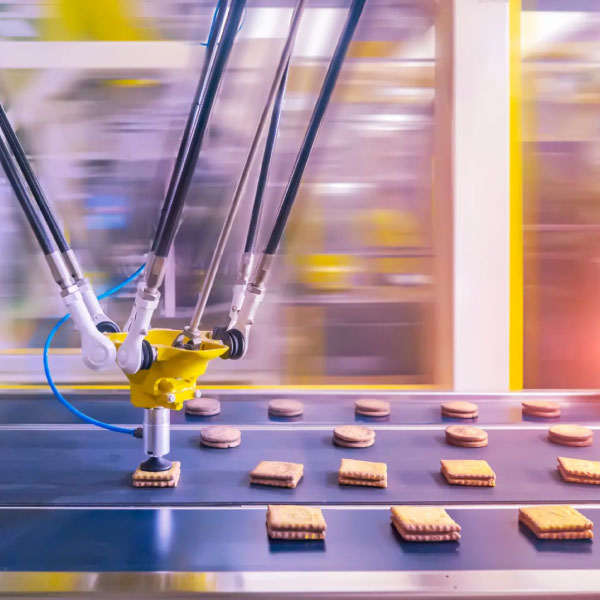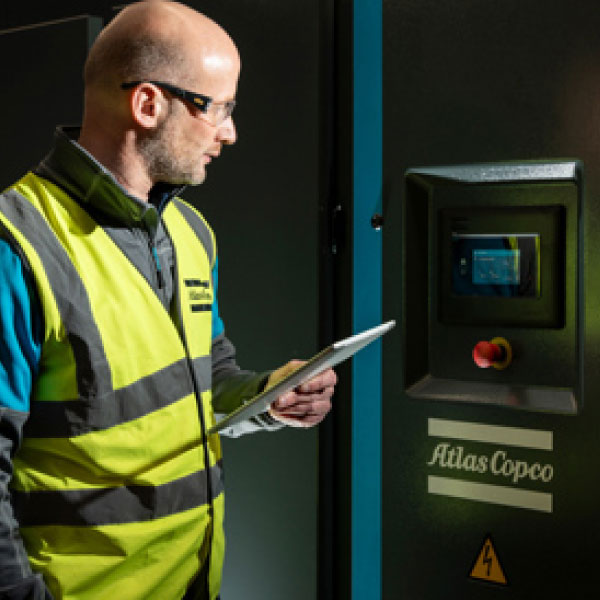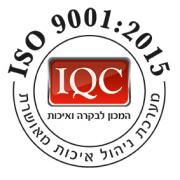In the realm of industrial operations, precision and efficiency are paramount. The evolution of technology has brought about numerous advancements, and among them, laser measurement sensors stand out as indispensable tools. These devices have revolutionized various industries, offering unparalleled accuracy, reliability, and versatility. This article delves into the history, applications, and advantages of laser measurement sensors in modern industrial settings.
The Evolution of Laser Measurement Sensors
Laser measurement sensors have come a long way since their inception. Initially developed for scientific research and military applications, these sensors have progressively found their way into industrial environments due to their exceptional capabilities. The earliest iterations of laser sensors were primarily used for distance measurement and object detection. Over time, advancements in laser technology, coupled with innovations in signal processing and sensor design, have vastly expanded their functionalities.
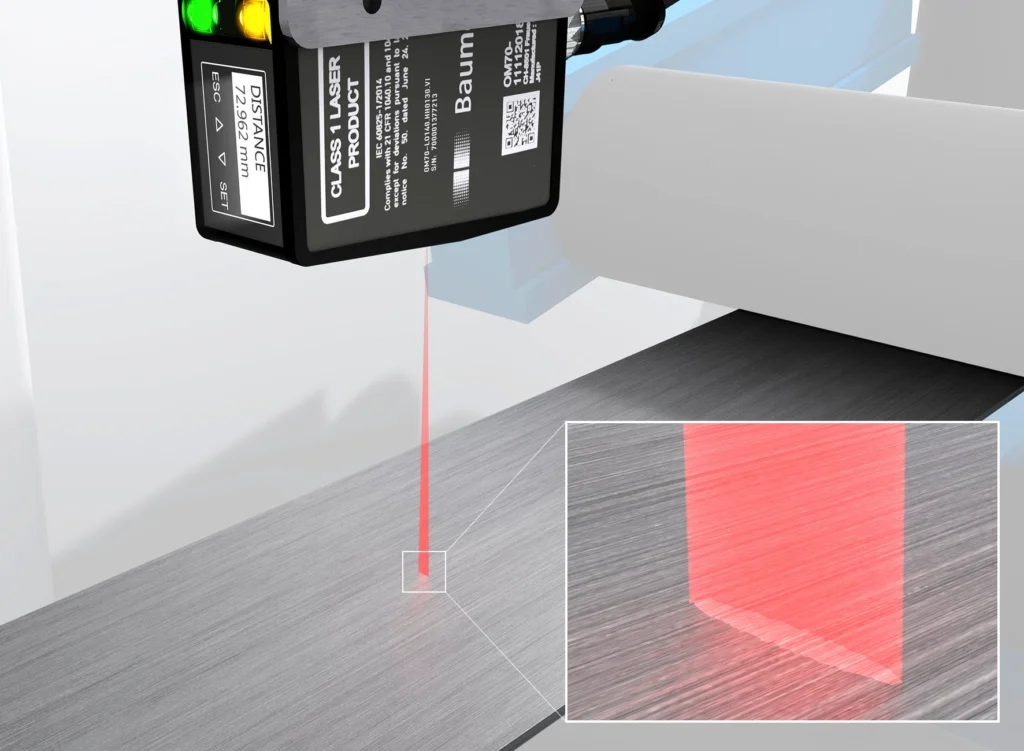
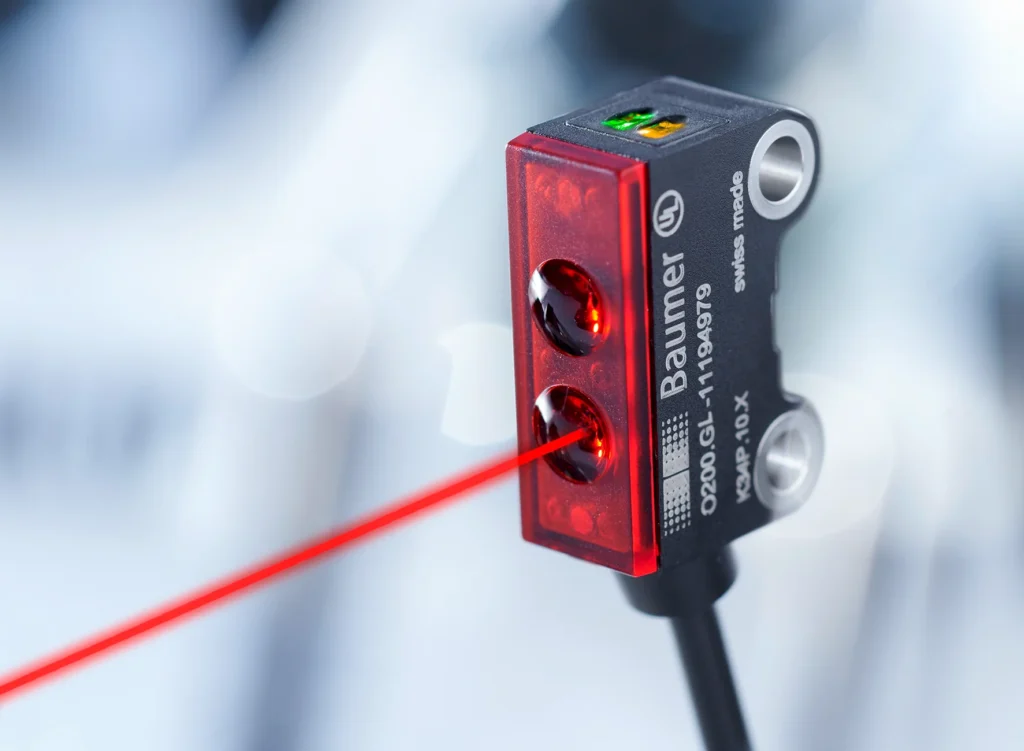
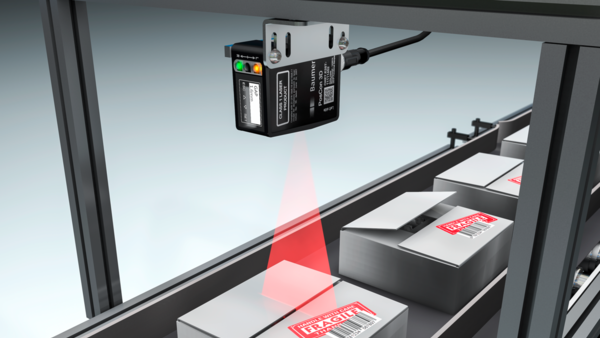
Industries Utilizing Laser Measurement Sensors
Laser measurement sensors find applications across a wide spectrum of industries, each benefiting from their unique capabilities. In manufacturing, these sensors are instrumental in quality control, ensuring precise measurements of components and products. Automotive industries employ laser sensors for dimensional inspection, alignment, and robotic guidance systems, optimizing production processes and enhancing product quality. Moreover, in aerospace and defense, laser measurement sensors play a crucial role in metrology, facilitating accurate positioning and alignment of critical components.
Advantages of Laser Measurement Sensors
The adoption of laser measurement sensors offers numerous advantages to industries seeking to streamline their operations and enhance productivity:
- High Precision: Laser sensors provide incredibly accurate measurements, surpassing traditional methods. This precision is essential for ensuring the quality and consistency of manufactured components, thereby minimizing defects and rework.
- Non-contact Measurement: Unlike conventional measurement techniques that may require physical contact with the object being measured, laser sensors operate without touching the target surface. This non-contact feature eliminates the risk of damage to delicate or sensitive materials, making them ideal for a wide range of applications.
- Fast and Efficient: Laser measurement sensors offer rapid measurement capabilities, significantly reducing cycle times in production processes. Their high-speed operation enables real-time monitoring and feedback, facilitating swift adjustments and ensuring continuous process optimization.
- Versatility: Laser sensors are highly versatile and can be adapted to suit diverse applications and environments. Whether measuring distances, detecting objects, or inspecting surface profiles, these sensors can be customized to meet specific requirements, making them invaluable tools across various industries.
- Robustness and Reliability: Designed to withstand harsh industrial environments, laser measurement sensors exhibit exceptional durability and reliability. Their rugged construction and resistance to environmental factors such as dust, vibration, and temperature fluctuations ensure consistent performance even in challenging conditions.
- Remote Operation: Many laser measurement sensors are equipped with wireless connectivity and remote monitoring capabilities, enabling operators to access real-time data from a distance. This remote functionality enhances operational flexibility, allowing for seamless integration into automated systems and remote control applications.
In conclusion, the integration of laser measurement sensors into industrial processes has revolutionized the way businesses operate, offering unparalleled precision, efficiency, and versatility. From manufacturing and automotive to aerospace and beyond, these sensors have become indispensable tools for optimizing production, ensuring quality, and driving innovation. As technology continues to advance, the potential applications of laser measurement sensors will only continue to expand, further solidifying their role as indispensable assets in modern industry.
